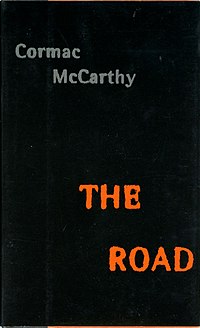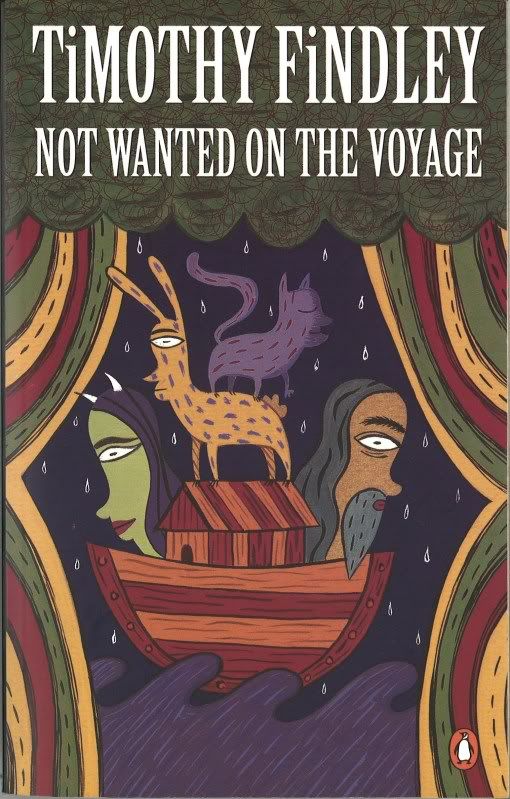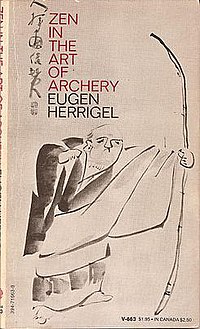The Road (Cormac McCarthy)
When I say no particular order, it isn't quite true. The ones that pop into my head first are the ones I write down first, and those happen to be the books that have stuck with me. The Road is one of my favourites, if not my favourite, if there is such a thing. It is grim and dark, but as you follow father and son through the post-apocalyptic wasteland, where people have turned to cannibalism in order to survive, you recognize in them the last holdout of humanity.
One Hundred Years of Solitude (Gabriel Garcia Marquez)
Or maybe this is my favourite. Here is one blurb I found:
"The novel tells the story of the rise and fall of the mythical town of Macondo through the history of the family. It is a rich and brilliant chronicle of life and death, and the tragicomedy of humankind. In the noble, ridiculous, beautiful, and tawdry story of the family, one sees all of humanity, just as in the history, myths, growth, and decay of Macondo, one sees all of Latin America."
Red Mars/Green Mars/Blue Mars (Kim Stanley Robinson)
This is a very long trilogy, but completely addicting. It starts with a hundred scientists who begin a colony on Mars, then through massive terraforming efforts transform Mars into an oceanic planet.
Catch-22 (Joseph Heller)
One of those rare books that had me laughing out loud.
"Why did you walk around with crab apples in your cheeks? Yossarian asked again. "That's what I asked."
"Because they've got a better shape than horse chestnuts," Orr answered. "I just told you that."
"Why," swore Yossarian at him approvingly, "you evil-eyed, mechanically-aptituded, disaffiliated son of a bitch, did you walk around with anything in your cheeks?"
"I didn't," Orr said, "walk around with anything in my cheeks. I walked around with crab apples in my cheeks. When I couldn't get crab apples, I walked around with horse chestnuts. In my cheeks."
Not Wanted on The Voyage (Timothy Findley)
An irreverent retelling of Noah and the ark.
Sophie's World (Jostein Gaarder)
It has been years since I read this book, but I remember really enjoying it. It is a fantastical sort of story, but at the same time a survey of Western philosophy. Not to mention there is a cool "twist" at the end.
"One day fourteen-year-old Sophie Amundsen comes home from school to find in her mailbox two notes, with one question on each: “Who are you?” and “Where does the world come from?” From that irresistible beginning, Sophie becomes obsessed with questions that take her far beyond what she knows of her Norwegian village."
Don't worry, it's not a teeny drama, though it was apparently written for children of all ages. Still, I would say it is worth reading as an adult too.
Zen and the Art of Archery (Eugen Herrigel)
There are many books around these days called "Zen and the Art of..." but this was, I believe, the first. It is a short and interesting look at what is means to acquire a skill.
“You have described only too well," replied the Master, "where the difficulty lies...The right shot at the right moment does not come because you do not let go of yourself. You...brace yourself for failure. So long as that is so, you have no choice but to call forth something yourself that ought to happen independently of you, and so long as you call it forth your hand will not open in the right way--like the hand of a child.”
Skinny Legs and All (Tom Robbins)
How do you describe this book? Very difficultly.
A blurb:
"An Arab and a Jew open a restaurant together across the street from the United Nations...
It sounds like the beginning of an ethnic joke, but it's the axis around which spins Tom Robbins's gutsy, fun-loving, and alarmingly provocative new novel, in which a bean can philosophizes, a dessert spoon mystifies, a young waitress takes on the New York art world, and a rowdy redneck welder discovers the lost god of Palestine--while the illusions that obscure humanity's view of the true universe fall away, one by one, like Salome's veils"
The Republic (Plato)
The most readable and interesting book written by the ancient Greeks, I think. In it is an outline of what Socrates (and Plato) thought the ideal state would look like. It's not exactly pretty by modern standards, and I'm certainly glad I don't live in Plato's republic, but it is very interesting. The whole thought-experiment culminates in the rise of a "philosopher king", who rules by reason and justice. Of course, the wisdom of infanticide is surely debatable...
http://fmmh.ycdsb.ca/teachers/F00027452/F00027453/platoste.html
The Ancestors Tale (Richard Dawkins)
Definitely my favourite account of evolution. Rather than start from single-celled organisms and work towards humans, Dawkins begins the epic story of evolution with us, and traces our lineage backwards, meeting up with various other animals along the way through our common ancestors. By doing it this way he is able to avoid the anthropocentric view that evolution had us "in mind" the whole time - that we are the pinnacle of the process.
I also like Game of Thrones, Lord of the Rings, etc.








To chip in, I'm terrible at favourite-book lists, but right now, at a bit of a low point, one book sticks out in my head from the last couple of years so it must have affected me somehow.
ReplyDeleteEarth Abides (1949) by George R Stewart. I nominate it for its low key, almost elegaic tone. You expect it to be the story of how plague survivors band together and rebuild American life (circa 1949) with all the generous infrastructure left idle around them. Instead it is the story of how their children reuturn to the hunting life, abandoning the chores of maintaining the reservoir outside the city and other such drudgery. Abandoning literacy. They aren't unhappy, far from it, but the protagonist, a young man when the plague came, sees and remembers.
The story has a certain inevitability about it, although you don't know where it's going to begin with. It sticks with me, that sense of a passing away.